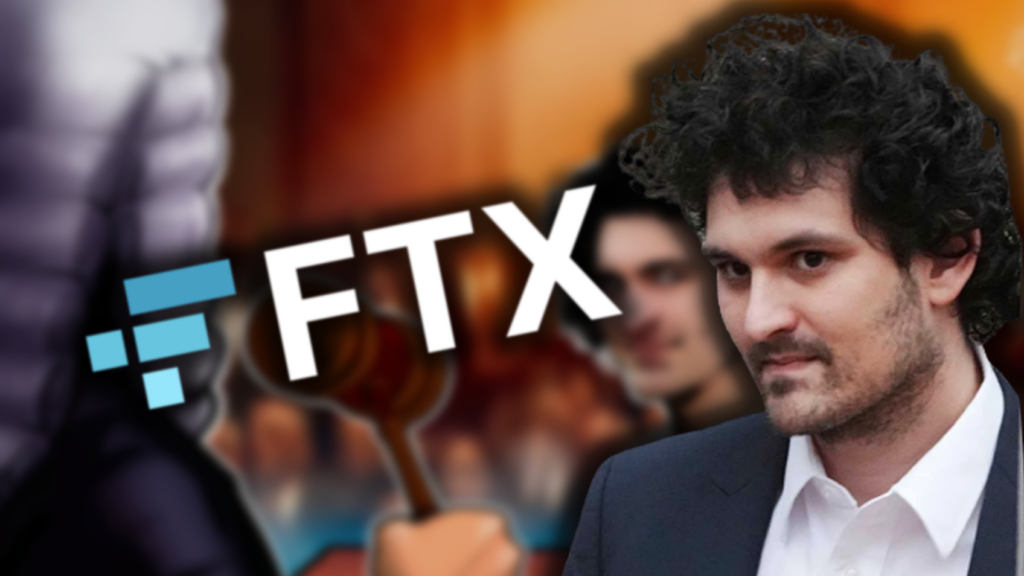SBF pleads not guilty. But why?
Sam Bankman-Fried has now pled not guilty to eight fraud-related charges. This is curious. Caroline Ellison and Gary Wang have already pled guilty to related charges and agreed to testify against SBF, where relevant.
The course also made two relatively minor decisions while entering SBF’s not guilty plea.
- The court agreed to keep private the names of people who supported SBF’s bail. This is to shield them from harassment, threads, or disruption. This is sensible and is consistent with the policy purpose of enabling people to pursue bail where it is legally acceptable (and shielding third parties from harassment).
- The court amended SBF’s bail conditions. They will now prevent SBF interacting with Alameda or FTX associated wallets. This follows reports of suspicious transactions, which might implicated SBF.
The real mystery is why SBF has pled not guilty. If he is convicted after a ‘not guilty’ plea, he faces more time in prison than if he had simply pled guilty to begin with. There are likely several possibilities.
Jurisdiction: SBF might try to raise a jurisdictional argument. He might claim that the alleged wrongdoing was associated with a Bahamas company; and thus, the US has little jurisdiction. This will likely fail as FTX US customers would still allege they are victims due to the inter-related nature of FTX customers. Further, the fraud allegations with respect to investors and lenders are relevantly within the US jurisdiction. Thus, this would likely help at the margins, if at all.
Blame shifting: SBF might attempt to shift blame to other people. This might include Caroline Ellison and Gary Wang. He might allege that others worked behind his back to misuse customer funds. This appears difficult to argue. He was reportedly aware that FTX funds went to support Alameda. He also reportedly received loans from Alameda in his personal capacity. Thus, he would appear to know about the misconduct.
Delusion: SBF might be delusional about his prospects. He seems to have seen few consequences for his actions in the past. This might give him a sense of invulnerability and/or overconfidence. He might genuinely believe he can win. This appears consistent with his odd limelight grabbing as FTX was collapsing.
Gambling: SBF might also simply be gambling. At this stage, he might receive little sentence discount for pleading guilty. Further, he might regard the likely sentence as already so long even if he pleads guilty, that he can gamble at court. In this case, he might act like a manager taking increasingly large risks as their company veers towards bankruptcy.
SBF might also realize that he is likely to lose and face decades in prison. Thus, he is pursuing a trial so that he has more time to get his affairs in order (as opposed to immediately heading to prison).
In all likelihood, his actions and arguments might reflect a combination of all of the above. His chances at court do not seem high. However, it will be interesting to see how the case proceeds at court.
